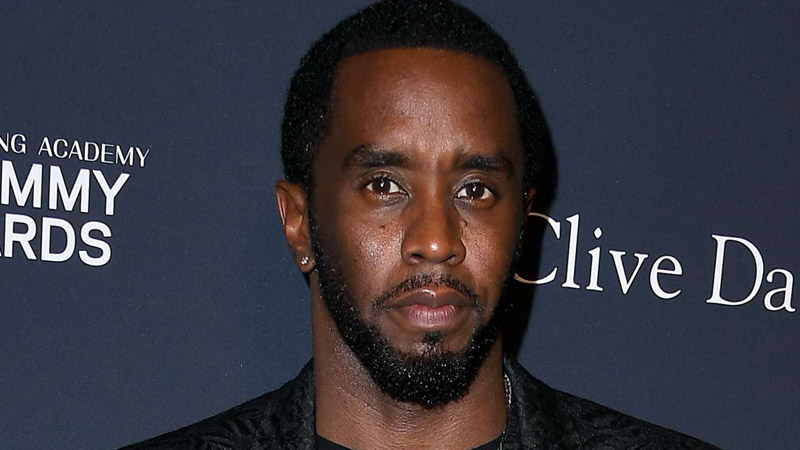“We’re Not Going to Help the President on That One” Local Law Enforcement Rejects Trump’s Deportation Plan

[Justin Lane/Pool via AP Photo]
In a recent discussion about immigration policies, local law enforcement officials in Miami-Dade County, Florida, expressed firm opposition to assisting with what Donald Trump has described as the “largest deportation operation in American history.” The former president disclosed his intentions to TIME National Politics Reporter Eric Cortellessa in April, stating that his strategy, if re-elected, would involve “using local law enforcement.”
However, both Democratic and Republican sheriff candidates in Miami-Dade, some of whom have been backed by Trump, have publicly declined to support this initiative. In interviews with the Miami Herald, these candidates highlighted significant concerns about the implications of such a policy on community trust and the essential duties of law enforcement.
Republican sheriff candidate and long-time police union leader John Rivera was explicit in his stance. “As far as I’m concerned, if the law stays the way it is, immigration stays in their lane and I stay in mine,” he told the Florida newspaper. This sentiment reflects a broader reluctance among local law enforcement to overstep their traditional roles and responsibilities.
Miami Herald reports:
A spokesperson for Trump’s campaign did not respond to the Herald’s request for comment on how he sees the role of local law enforcement in carrying out his mass deportation promises. U.S. law states that federal officials can’t deputize state or local law enforcement officers to carry out the work of federal immigration officers without permission from the agency’s head — like, for example, a sheriff. But even the candidate endorsed by Trump in the race — Rosanna Cordero-Stutz — said that she would only be willing to help federal immigration agents in limited circumstances.
The potential involvement in federal immigration enforcement is viewed by these candidates as not only a misallocation of resources but also a serious threat to the trust that law enforcement has cultivated within their communities. Engaging in Trump’s proposed deportation efforts could detract from their primary mission of ensuring public safety.
Florida Highway Patrol Trooper Joe Sanchez, also a GOP candidate, succinctly stated his position: “We’re not going to help the president on that one.” His statement echoes the concerns of other law enforcement officials who prioritize local community safety over national political agendas.
Another GOP candidate, Jose Aragu, further emphasized the practical limitations facing local law enforcement, saying, “Quite frankly, I don’t think we have the time for that.” This response underscores the strain that such federal initiatives could place on local agencies, which are already tasked with a broad array of community-oriented responsibilities.
The newspaper also notes:
Currently, the county’s Democratic mayor, Daniella Levine Cava, oversees the Miami-Dade Police Department, which would become the county Sheriff’s Office in 2025. Florida rules also require partisan elections for sheriff, meaning Republican and Democratic voters will select their nominee for sheriff in the Aug. 20 primaries. Despite the partisan incentive of Republican candidates to align themselves with Trump, there’s a divide over immigration enforcement between the presumptive GOP nominee and Miami-Dade’s GOP sheriff candidates.
The collective response from Miami-Dade’s law enforcement candidates signals a significant pushback against Trump’s immigration strategy, highlighting a critical divide between his federal policy proposals and the practical realities faced by local law enforcement agencies.


